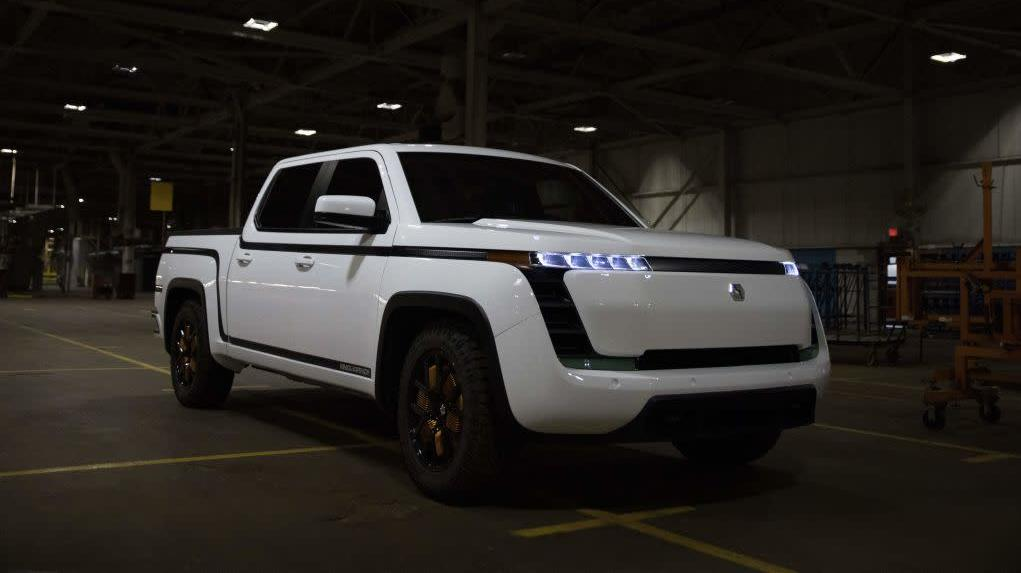Lordstown Motors Just Showed One Reason GM Was Surprisingly Willing To Back The EV Startup
With the U.S. Securities and Exchange Commission now requesting voluntary information from the electric pickup truck startup Lordstown Motors, more details of the arrangement between the company and one of its key backers, General Motors, are coming to light. One big bonus in the deal for GM was a claim to most of Lordstown Motors' future federal emissions credits.
As part of Lordstown Motors' SEC filing for the previous fiscal year, the company revealed that backer General Motors retained the option to buy the first full three years of emissions credit allowances from the startup, with the credits discounted to be valued at 75 percent of the normal trading market price. The detail and a clip from the filing was highlighted by Sean O'Kane of the Verge on Twitter:
Interesting: GM has the option to buy all of @LordstownMotors' emissions credits for the first three full years of production at 75% market value. A little ZEV credit arbitrage in exchange for backing the startup. $RIDE pic.twitter.com/2bzXaranc2
— Sean O'Kane (@sokane1) March 25, 2021
The U.S. government has put a cap on "allowable" emissions from automotive manufacturers and created an emissions or allowance trading program to let automakers who exceed the cap trade for credits with other companies with credits to spare. This allows emissions-heavy automakers, like Jeep, Ford and Chevy, to continue producing large volumes of pickup trucks far above their corporate emissions limits because they can purchase credits from companies like Tesla, which doesn't use any of its vehicle emissions credits because it produces purely electric cars.
At the time of GM's somewhat surprising decision to back Lordstown Motors, it appeared to be an attempt to appease former President Trump's administration by securing more U.S. manufacturing at the Lordstown, Ohio, assembly plant. And the deal also fast-tracked GM's EV truck development. It was never clear what the motivation for the deal was for GM, but gaining a huge sack of discounted emissions credits brings the deal into clearer focus.
Should Lordstown's initial plans to go into production by the end of 2021 actually succeed, GM's securing of the first full three years of emissions credits would make it possible to sell more V8 engines in pickup trucks, SUVs and sports cars. Basically, the idea for GM was to turn Lordstown into its own Tesla-like credits machine instead of having to buy them elsewhere.
The move is genius on paper because on top of getting more room to play with V8 engines for a few more years, GM would also profit from the EV pickups Lordstown sells thanks to its investment. That also lets GM rip off Lordstown's technology and platform for its own brands of vehicles.
The only issue now is that Lordstown Motors is in rough water with the SEC, and is under a cloud after a research firm claimed it had been faking orders and misleading everyone on its production capability and timetable. GM won't get any discounted credits if Lordstown never makes any trucks, so we'll just have to see whether the investment pays off.
